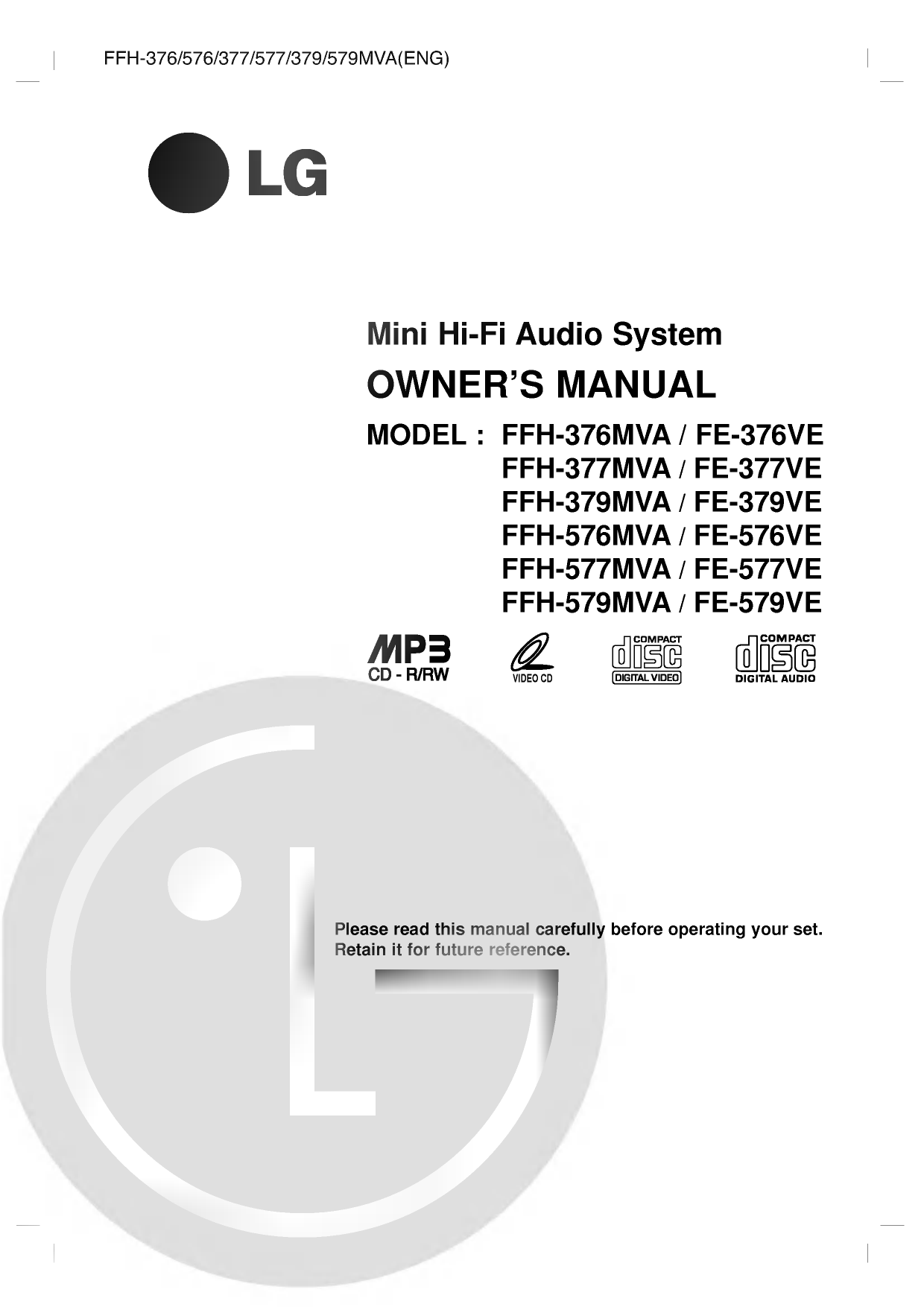
TSEARCH USES DIRECTPLAY SOFTWARE
Other software layers of the VDI solution provide the users easy and seamless access to their assigned VMs, often with a single sign-on solution. Persistent VDI is, at the basic level, a VM that saves operating system state in between restarts.

An in-depth discussion regarding these technologies is outside the scope of this topic, which focuses on the Windows base image settings with reference to other factors in the environment such as host optimization. There are other types of VDI such as persistent and Remote Desktop Services (RDS). Start by installing default operating system on the base VM, and then optimize the base VM for VDI use by removing unneeded apps, installing Windows updates, installing other updates, deleting temporary files, applying settings, etc. A VM is an ideal place to build the image, because you can save the state, make checkpoints and backups can be made, and other useful tasks. The optimization settings would take place on a reference device.

To the user this desktop is little different than other virtual or physical device, other than it is accessed over a network. The non-persistent type does not preserve changes to the VDI desktop operating system from one session to the next. There are variations of VDI implementations such as “persistent”, “non-persistent”, and “desktop session.” The persistent type preserves changes to the VDI desktop operating system from one session to the next. VDI environments usually use a base operating system image, which then becomes the basis for the desktops subsequently presented to the users for work.
TSEARCH USES DIRECTPLAY FULL
VDI optimization principlesĪ VDI environment presents a full desktop session, including applications, to a computer user over a network. No recommendations in this topic should affect the supportability of Windows 10, version 1803.Ī script that implements the optimizations discussed in this topic-as well as a GPO export file that you can import with LGPO.exe-is available at TheVDIGuys on GitHub. Settings recommended here can be applied to other installation of Windows 10, version 1803, including those on physical or other virtual devices.

With VDI implementations, the smallest possible base, or “gold” image size, can slightly reduce memory usage on the hypervisor, as well as a small reduction in overall network operations required to deliver the desktop image to the consumer. A secondary goal is to reduce disk space usage in the base image to the bare minimum.
TSEARCH USES DIRECTPLAY WINDOWS 10
In a VDI environment the key ways to optimize Windows 10 performance are to minimize app graphic redraws, background activities that have no major benefit to the VDI environment, and generally reduce running processes to the bare minimum. All settings in this guide are recommendations to be considered and are in no way requirements. This article helps you choose settings for Windows 10, version 1803 (build 17134) that should result in the best performance in a Virtualized Desktop Infrastructure Optimizing Windows 10, version 1803, for a Virtual Desktop Infrastructure (VDI) role


 0 kommentar(er)
0 kommentar(er)
